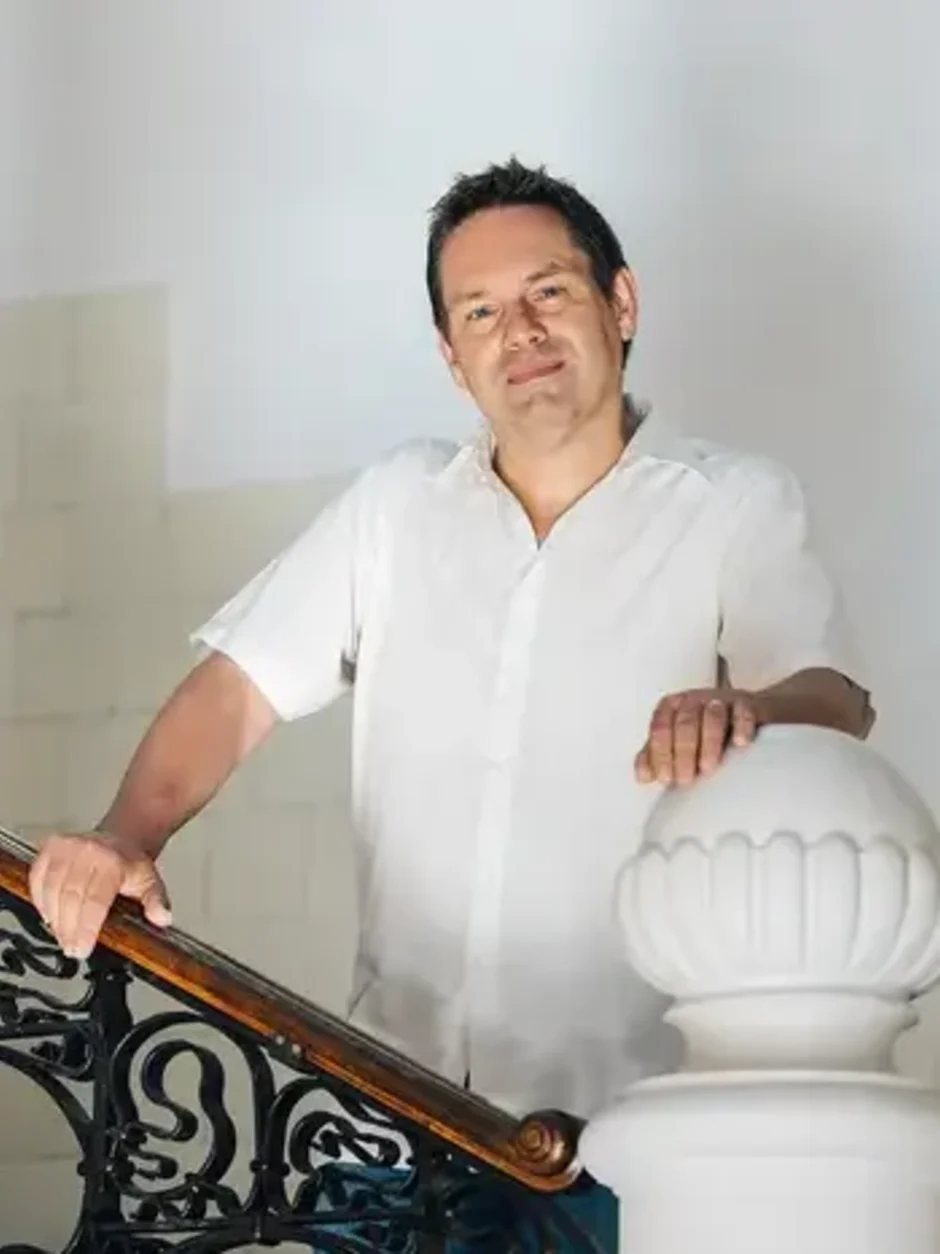
Should we prepare for disaster? “Tensions are rising”
The Netherlands must prepare for tougher times, NATO boss Mark Rutte, King Willem-Alexander and Dutch banks said in December. How realistic is this danger? Floribert Baudet, special professor of military history, explains.
Three litres of water a day, canned food, a radio, torch, candles, blankets and an emergency whistle: these are what Dutch people should have in their homes in case of a disaster, according to the national counterterrorism coordinator NCTV.
How bad do we stand? Is the threat really that bad? And where exactly does the danger come from? Folia asked Floribert Baudet, professor of military history at the UvA.

The year ended with quite a few warnings. How realistic is it that we need to prepare mentally for war?
“That is a difficult question. Of course, we have no idea how things really stand, but there are worrying signs in the world at the moment. Not only from Russia, think also of President Trump, who wants to annex Greenland. Tensions are rising. Something could well happen. War or natural disasters can put us in a situation where the government cannot help you and you are on your own for a while. Think of a big storm and a Maasland barrier that doesn’t work: then the entire western part of the Netherlands floods. Or an armed conflict, or an attack on our digital systems: it is not inconceivable. That is why it is not idiotic to prepare a bit better than before.”
There were also critical reactions to Rutte’s call to mentally prepare for disaster. Wasn’t his statement scaremongering to extract more money for defence?
“Again, an unequivocal answer is difficult. There are quite a few challenges to overcome. There is money, for instance from pension funds, but they are not allowed to put money into defence. Industry does want to produce for defence, but it also wants the certainty of payment. There is an option there, but there is little support for it at the moment.”
“Moreover, it is conceivable that a warning like this also has another objective, which we also saw in the Cold War. At the time, the Dutch government set up the Bescherming Bevolking (BB) organisation, a voluntary rescue service. This organisation also had a strategic function. By doing so, the Dutch government sent a signal to the adversary that the country was willing to take the risk of what was then the nuclear bomb. It is part of deterrence: we Dutch stand shoulder to shoulder, including with our allies, do not bow to threat and prepare for what is to come.”
In December, Dutch banks also came out with the warning to keep cash in the house. Never before have banks come out with such advice.
“Sensible advice, even though it is undoubtedly attractive to thieves as well. Our economy is so digitised that few people carry cash in their pockets any more. Currency and paper money have basically been banned. In itself, such a digital payment system works well, but if there is a major power cut due to various circumstances, it is not a crazy idea at all to have cash in the house. In any case, an attitude of ‘let’s party like it’s 1999’ is no longer tenable.”
Where exactly does the threat come from?
“It may not be my entire field of expertise, but I can see parallels in the past. There have been incidents recently that suggest that something is not an ordinary glitch but a cyber attack. Mark Rutte has been prime minister of the Netherlands for thirteen years and had daily briefings with the intelligence services. I think he has a better idea of what the Russians are up to than the average student. You might say, it will be no big deal, but this warning is not given lightly. Also because there is always a risk of panic in society.”
Students don’t seem so concerned about it yet. Is this frivolous attitude right or a form of naivety?
“Surely it is naive. Countries situated closer to Russia also take a different view. For us Dutch, the image of war is still that of World War II: an angry neighbouring country invades us, we were defeated and could do pretty little about it. The idea of war breaking out this way is deeply ingrained. Yet it is quite possible that the war is already under way, with systems being disrupted and sabotaged, political parties being paid and internet cables being cut. We are a bit giggly about the latter, but if the data cables in the North Sea that connect us to the United States and Britain are cut, that is quite a problem.”
Do you have your own radio, blankets and an emergency whistle at home?
“I do have most items, although not the emergency whistle. It has also slowly dawned on me that we are all heading in the wrong direction. Someone said to me that you should think of this as insurance: as long as you pay and you don’t have any damage, there is no need for such insurance. But the moment you do have something and you are not insured, you are incredibly screwed.”


